Understanding the Impact of Smart Home Technologies on Electrical Services
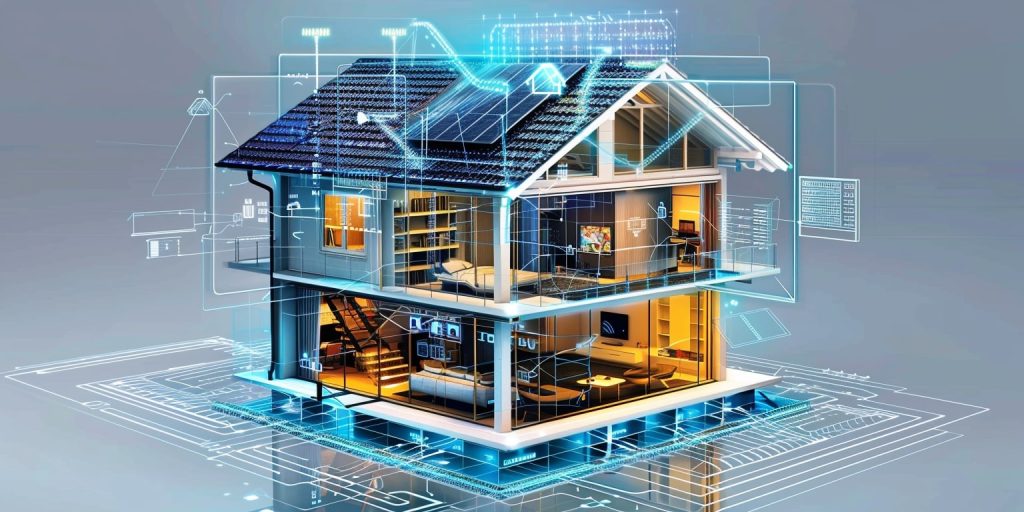
Welcome to the world of smart homes, where cutting-edge technologies are revolutionizing electrical services. In this article, we will explore the profound impact of smart home technologies on residential electrical services. From advanced installation services to energy efficiency, smart homes are changing the way we interact with electricity.
The Rise of Smart Home Technologies
In recent years, smart home technologies have witnessed a remarkable rise in popularity among homeowners. These innovative devices and systems have transformed how we interact with our homes, making them more efficient, convenient, and secure.
One of the main reasons behind the surge in popularity of smart home technologies is their ability to enhance our daily lives through automation and connectivity. Smart home devices intelligently control various aspects of our homes, such as lighting, heating, security, and entertainment, bringing a new level of comfort and convenience.
With the advent of voice assistants like Amazon Echo and Google Home, homeowners can now easily control their smart home devices using voice commands, adding an extra layer of ease to their daily routines. Imagine being able to adjust the thermostat or turn off the lights without getting out of bed simply by speaking a few words!
The market is filled with an extensive range of smart home devices and systems catering to diverse needs and preferences. The options are endless, from smart thermostats that learn your temperature preferences and adjust accordingly to smart security systems that offer remote monitoring and notifications.
Some popular smart home technologies include:
- Smart lighting systems that allow you to control and schedule your lights from anywhere using your smartphone.
- Smart locks that offer keyless entry and remote access control for added convenience and security.
- Smart appliances that can be controlled and monitored remotely help you save energy and stay organized.
- Smart speakers play your favorite music and act as a central hub for controlling other smart devices in your home.
These advancements in smart home technologies have not only made our lives more comfortable but have also contributed to energy efficiency and sustainability. By intelligently managing energy usage and optimizing resource consumption, smart homes have the potential to reduce our carbon footprint and lower utility bills.
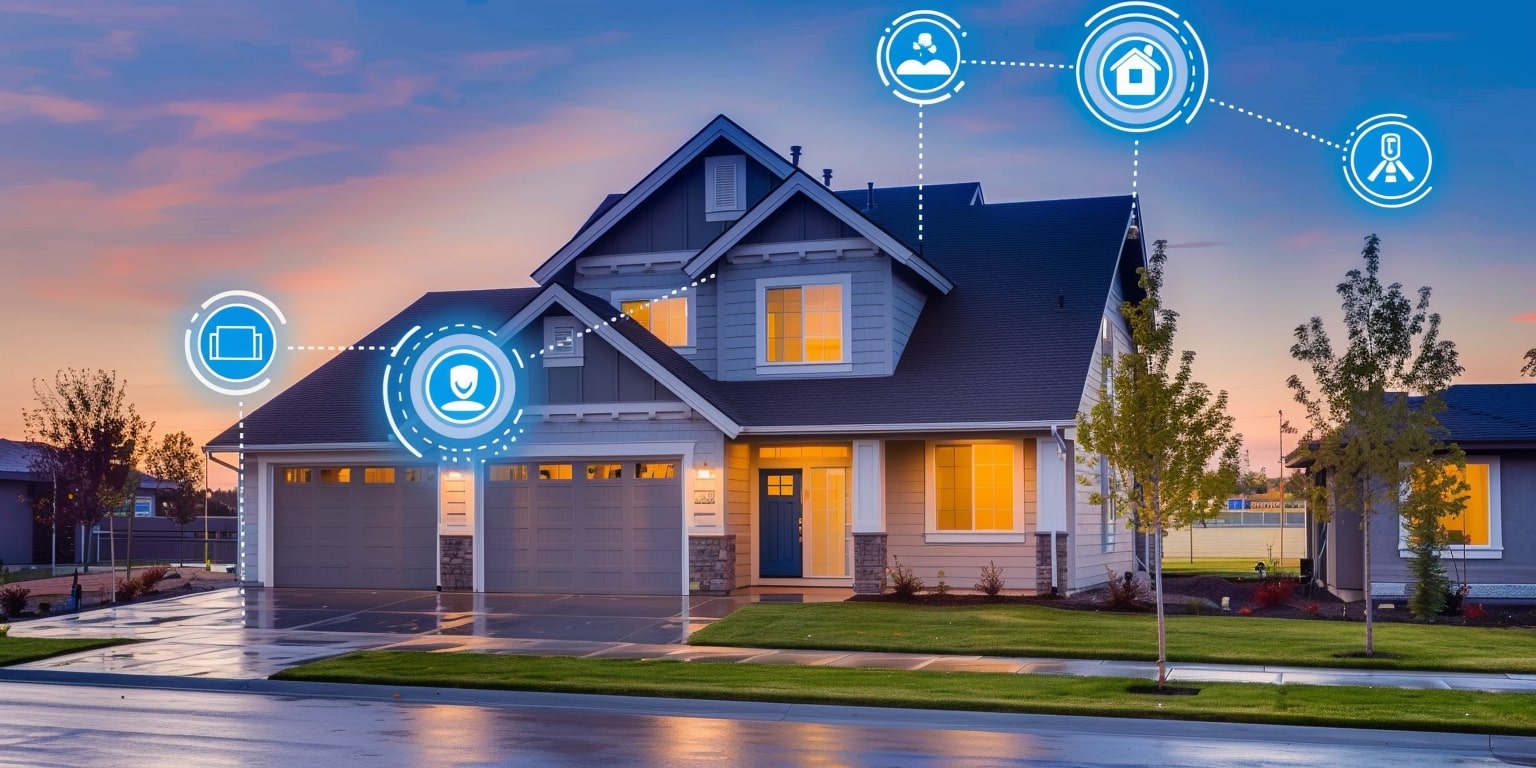
What Are Smart Home Technologies?
Smart home technologies encompass a broad range of devices and systems designed to automate and enhance various aspects of home life. These technologies include interconnected devices that can be remotely controlled and monitored via the internet, such as smart thermostats, lighting, security cameras, and voice assistants. The core idea is to provide homeowners with convenience, security, energy efficiency, and comfort by allowing them to manage their home environments through smartphones, tablets, or voice commands. Smart home devices use technologies like IoT (Internet of Things), AI (Artificial Intelligence), and machine learning to adapt to homeowners’ preferences and schedules, making everyday tasks simpler and more efficient.
The Evolution of Smart Homes
The evolution of smart homes marks a significant transformation in how we interact with our living spaces. Initially, home automation was limited to basic programmable devices like thermostats and timer-based appliances. However, the advent of the internet and advancements in wireless technology have propelled the development of sophisticated smart home ecosystems. Over the years, we’ve seen an expansion in the capabilities and complexity of smart home technologies. We’ve moved from simple automated lighting systems to comprehensive setups where everything from entertainment systems to kitchen appliances can be interconnected and controlled remotely. This evolution has been driven by the increasing demand for convenience and the desire to reduce energy consumption, leading to smarter, more responsive homes that learn from our habits and preferences to serve us better.
In the next section, we will explore how these smart home technologies are ushering in significant changes in electrical services, presenting challenges and opportunities for homeowners and professionals alike.
How Smart Home Technologies Are Changing Electrical Services
In recent years, the rapid advancement of smart home technologies has revolutionized the world of electrical services. From advanced installation services to increased demand for specialized electrical expertise, smart home technologies have significantly changed the industry.
Advanced Installation Services for Smart Home Devices
Smart home technologies encompass a wide range of devices, including smart thermostats, lighting controls, security systems, and more. These devices require specialized installation services to ensure seamless integration with a home’s electrical system. Electricians with expertise in smart home electrical systems are now in high demand, catering to the increasing number of homeowners embracing smart home technologies.
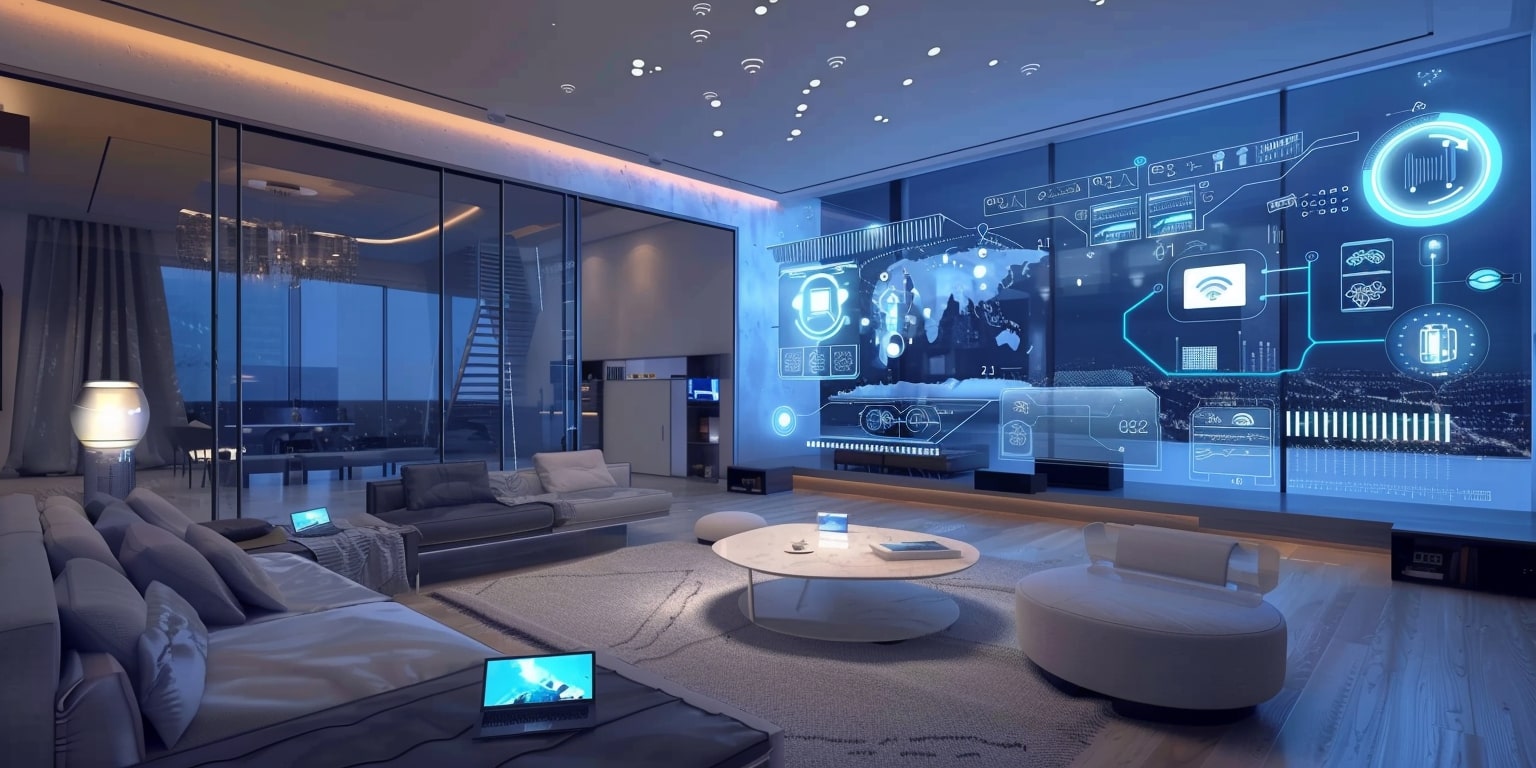
Increased Demand for Specialized Electrical Expertise
With the rise of smart home technologies, there has been a surge in the demand for electricians with specialized knowledge in installing, maintaining, and troubleshooting smart home devices. These professionals understand the intricate wiring and communication protocols involved in smart home systems, enabling them to provide homeowners with reliable and efficient electrical services.
According to industry experts, the demand for electricians with expertise in smart home technologies is expected to continue growing as more homeowners adopt these innovative solutions.
Energy Efficiency and Sustainability
One of the key advantages of smart home technologies is their ability to enhance energy efficiency and promote sustainability. For instance, smart thermostats adapt to homeowners’ habits by adjusting temperature settings automatically, resulting in considerable energy savings.
Additionally, smart lighting controls allow for precise control over lighting levels, reducing unnecessary energy consumption.
By integrating these technologies into their homes, homeowners can not only enjoy the convenience and comfort offered by smart devices but also contribute to a greener and more sustainable future.
- Increased demand for specialized electrical expertise
- Advanced installation services for smart home devices
- Benefits in energy efficiency and sustainability
As smart home technologies continue to evolve and become more prevalent, electrical service providers must adapt and stay updated on the latest developments. By doing so, they can meet homeowners’ changing needs and provide efficient and reliable electrical services for smart homes.
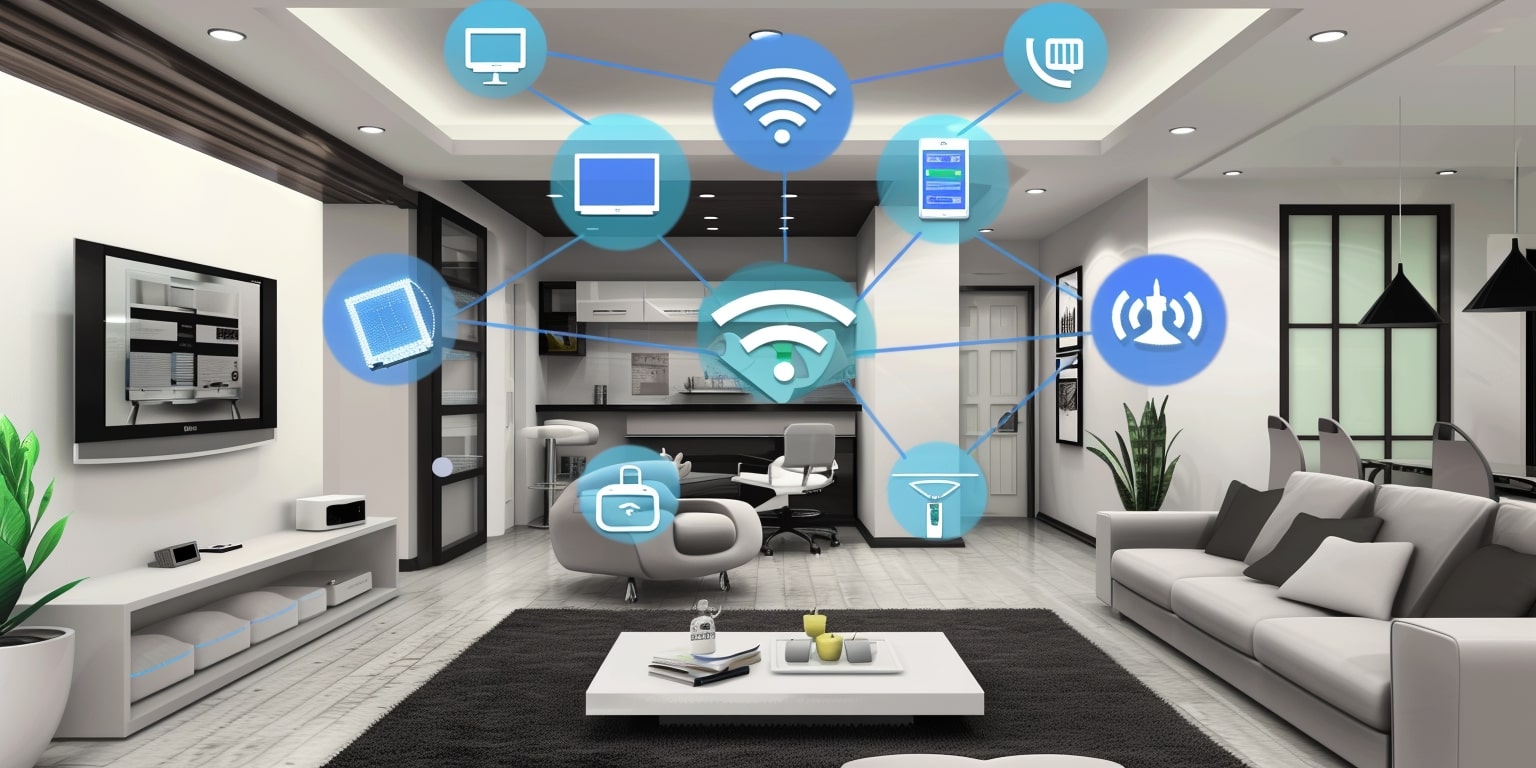
Benefits of Smart Home Technologies for Homeowners
Smart home technologies have revolutionized how homeowners experience comfort and efficiency in their homes. With the integration of smart home electrical systems, homeowners can enjoy a multitude of benefits that enhance their daily lives.
Enhanced Convenience and Control
One of the key advantages of smart home technologies is the ability to remotely monitor and control electrical systems. With just a smartphone or tablet, homeowners can conveniently adjust lighting, control appliances, and even manage their HVAC systems from anywhere. This level of control offers unparalleled convenience and flexibility, empowering homeowners to create personalized and comfortable living spaces.
Improved Energy Efficiency
Smart home technologies also contribute to improved energy efficiency. Intelligent automation and energy management systems allow homeowners to optimize their energy usage by automatically scheduling devices, dimming lights, or adjusting thermostats. By reducing unnecessary energy consumption, homeowners can significantly reduce their utility bills while reducing their environmental footprint.
Enhanced Safety and Security
Smart home technologies provide an extra layer of safety and security for homeowners. Integrated security systems allow for remote monitoring of homes, providing real-time alerts and notifications about potential threats. Additionally, features such as smart locks and video doorbells offer increased control and visibility over home access, providing homeowners peace of mind.
Customizable Home Automation
Smart home technologies allow homeowners to customize their home automation according to their specific needs and preferences. Whether setting up automated routines that turn specific devices on/off at predetermined times or creating personalized scenes that adjust multiple settings with a single command, the possibilities are endless. This level of customization allows homeowners to tailor their smart home experience to align with their unique lifestyle.
In conclusion, smart home technologies provide homeowners with various benefits, including enhanced convenience, improved energy efficiency, safety and security, and customizable home automation. As these technologies continue to advance, the demand for electrical services that integrate and maintain smart home systems is on the rise.
Challenges and Considerations for Electrical Contractors
Staying Ahead with Training and Certification
As smart home technologies continue to advance, electrical contractors face unique challenges and considerations when it comes to integrating and maintaining smart home electrical systems. Specialized training and certifications are essential to stay ahead in this rapidly evolving industry.
Navigating the Integration of Traditional and Smart Systems
The integration of traditional electrical systems with new smart technologies requires contractors to possess a deep understanding of both. Compatibility and safety are paramount, as electrical contractors must ensure that the smart home technologies they install seamlessly integrate with existing electrical systems while meeting industry standards.
In addition to technical expertise, electrical contractors need to stay updated with the latest advancements in smart home technologies. These innovations bring new opportunities and complexities, requiring contractors to continuously expand their knowledge and skill set.
Moreover, as more homeowners embrace smart home technologies, electrical contractors face the challenge of meeting increasing demand. This necessitates efficient project management and effective communication to deliver exceptional services within the agreed timelines.
In summary, electrical contractors must adapt to the rise of smart home technologies by obtaining specialized training, staying informed about the latest advancements, and prioritizing compatibility and safety. By embracing these challenges and considerations; electrical contractors can carve a successful path in the interconnected world of smart home electrical systems.
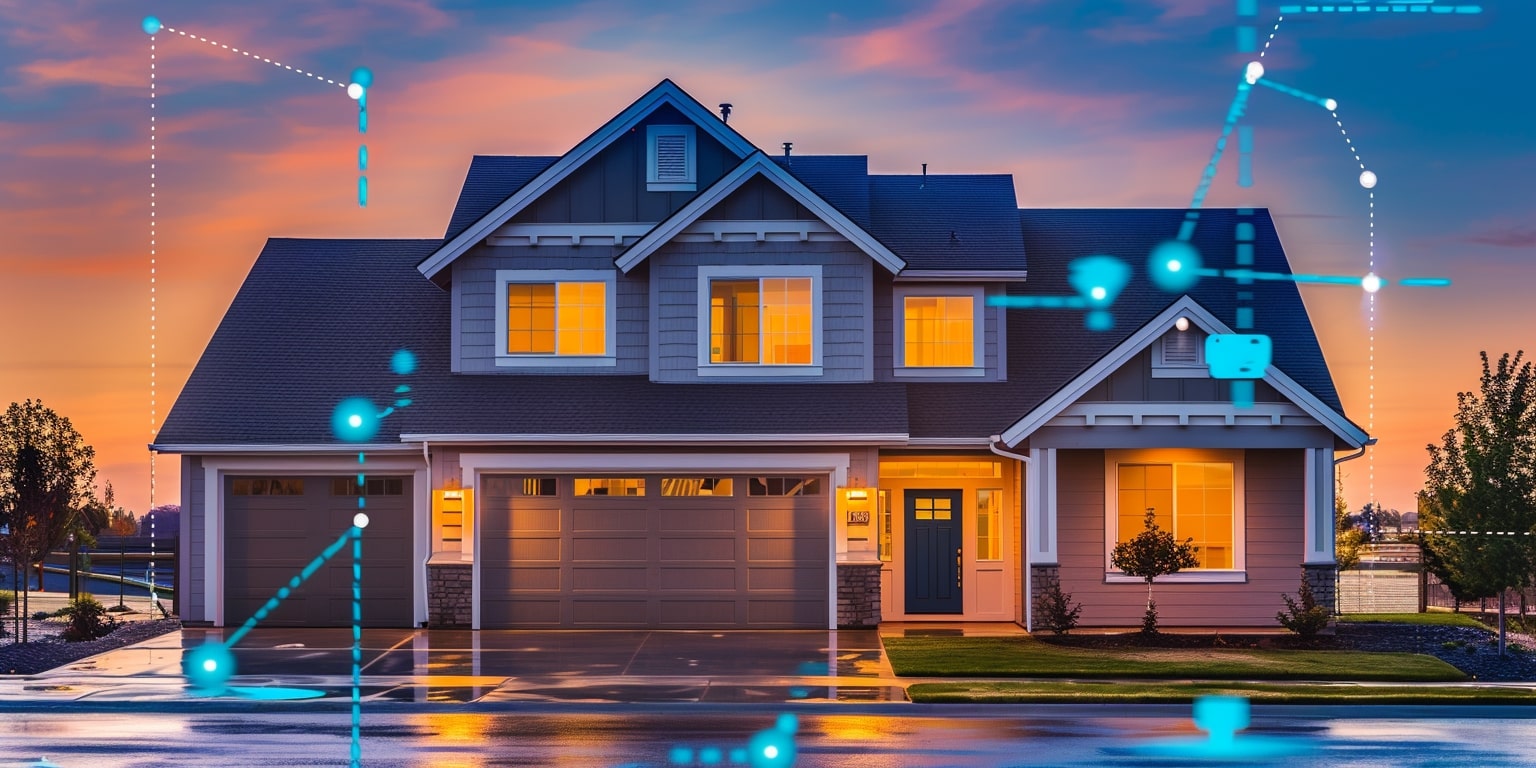
The Future of Electrical Services in the Smart Home Era
The integration of smart home technologies has significantly altered the landscape of electrical services, heralding a new era of innovation and adaptability. As we delve into the future of electrical services in the smart home era, understanding the predictions and trends and preparing for the next wave of innovations becomes crucial.
Predictions and Trends
The smart home market is poised for exponential growth, driven by advances in IoT (Internet of Things) technologies, AI (Artificial Intelligence), and machine learning. This growth translates into a heightened demand for electrical services that are adept at traditional installations and skilled in integrating smart devices. These devices range from intelligent lighting systems and automated HVAC units to security cameras and smart appliances designed to enhance energy efficiency, security, and convenience.
One key trend is the increasing consumer demand for seamless, integrated smart home ecosystems with centralized control over various devices. This demand pushes electrical professionals to expand their expertise beyond basic wiring and installation, including networking and cybersecurity measures to protect against unauthorized access.
Preparing for the Next Wave of Innovations
To stay ahead, electrical contractors must embrace continuous learning and training. This includes acquiring certifications in smart home technology installations and staying updated with the latest products and integration techniques. Networking with manufacturers and attending industry conferences can provide insights into upcoming trends and technologies.
Furthermore, electrical services will need to adapt to new business models that emphasize the service and maintenance of smart home technologies in addition to installation. The future will likely see a shift towards subscription-based models where homeowners pay for ongoing support and updates to their smart home systems.
In conclusion, the future of electrical services in the smart home era is marked by rapid technological advancements and changing consumer expectations. By staying informed about the latest trends and preparing for the next wave of innovations, electrical contractors can position themselves as leaders in this evolving market, offering sophisticated solutions that cater to tomorrow’s smart homes.
